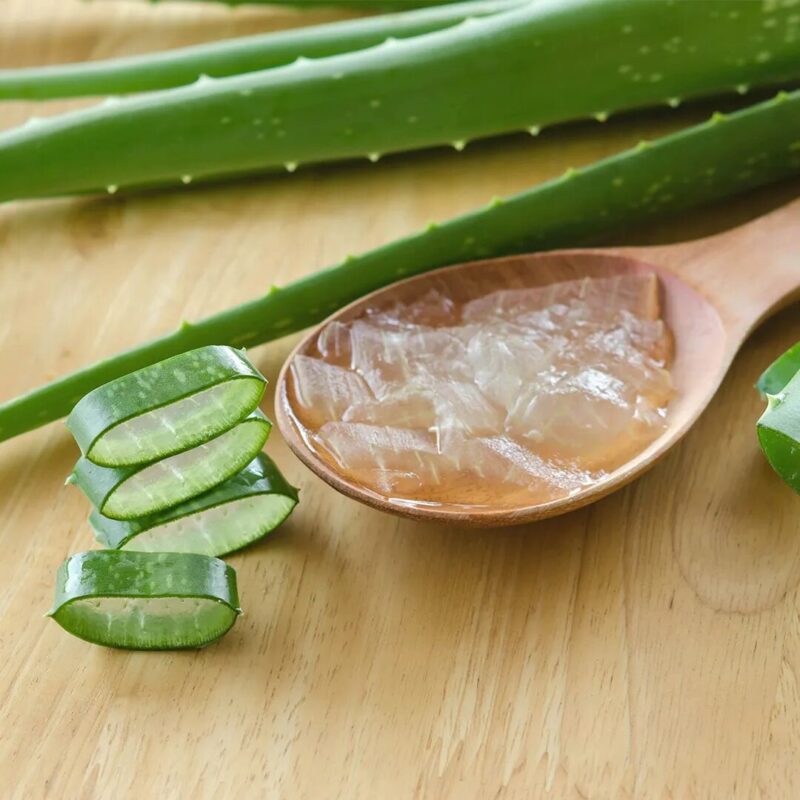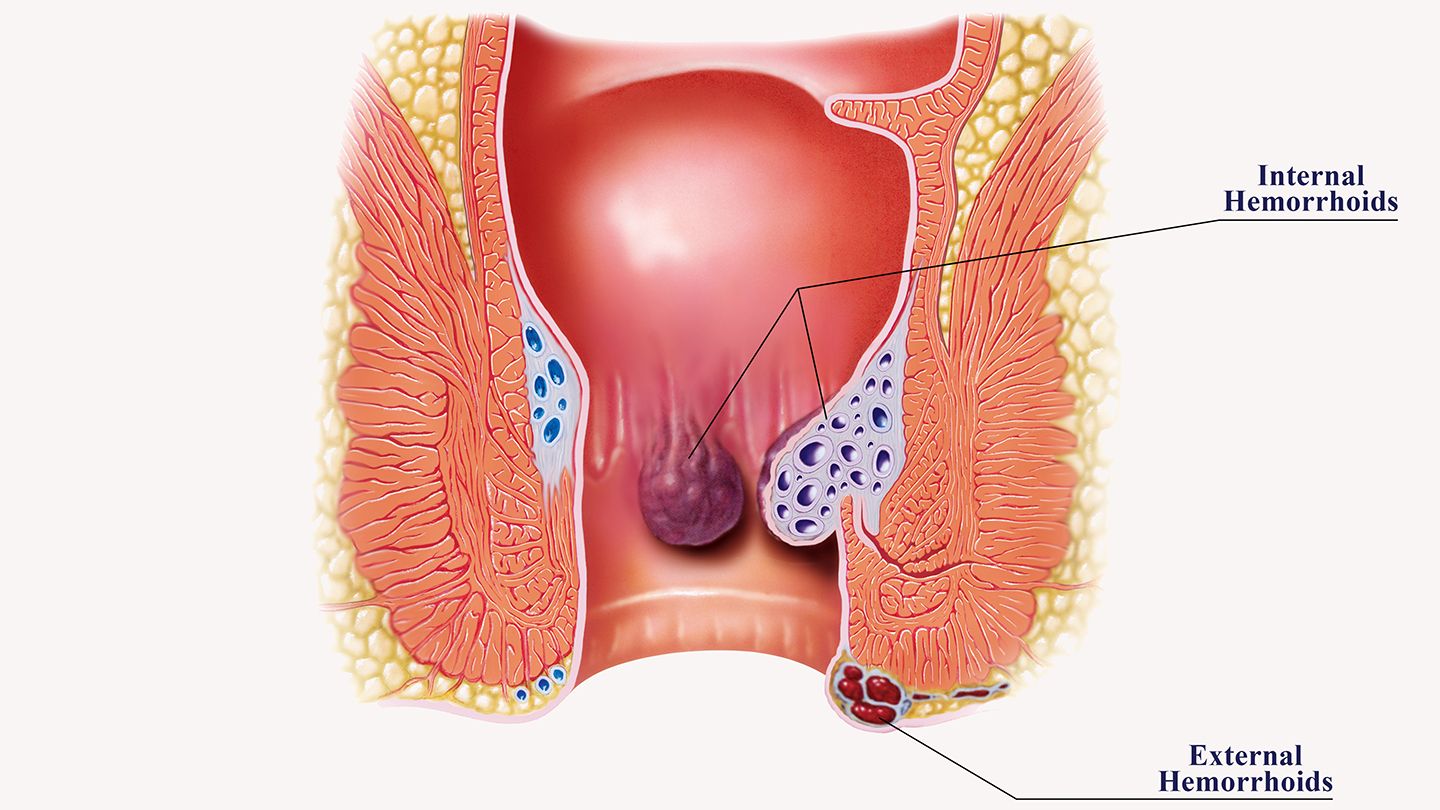External Hemorrhoids, Hemorrhoids, Pathophysiology, Treatment, Management, Outcome.
Root cause of disease
Hemorrhoids can develop from increased pressure in the lower rectum due to: Straining during bowel movements. Sitting for long periods of time on the toilet. Having chronic diarrhea or constipation.
Symptoms
Symptoms vary depending on the severity. Some of the symptoms that you may have include:
- one or more tender, blue-colored lumps on the skin near the opening of the anus
- itching around the anus or rectal area
- aching or pain around your anus, particularly within 24 to 48 hours of onset and when you’re sitting down.
Causes:
External hemorrhoids are caused by many of these factors. These include:
- Straining while pooping: The most common cause of external hemorrhoids is repeated straining while having a bowel movement. This is often caused by severe cases of constipation or diarrhea. Straining makes blood pool in the area
- Sitting on the toilet for a long time: This can also put pressure on the tissues around your rectum and anus
- Weakened support tissues: As you age, the tissues tend to weaken around the anus and rectum.
- Pregnancy: Pregnant people may also be at an increased risk of hemorrhoids because of the increased pressure of the abdomen on these veins.
- Obesity: Having excess weight has been associated with having hemorrhoids.
- Heavy lifting: You may have a higher risk of hemorrhoids if you frequently lift heavy objects.
- Not eating enough fiber: A low fiber diet may lead to constipation, which can cause hemorrhoids.
Home Remedies to treat external Hemorrhoids
Remedy- 1:
Materials Used: Coconut oil

Coconut oil, which is naturally available, is a natural moisturizer, which may also help with hemorrhoid symptoms. Applying coconut oil may reduce irritation and swelling, and it may also help reduce the urge to scratch.
Procedure:
Applying coconut oil on the affected area may reduce the irritation and swelling, and it may also help reduce the urge to scratch.
Product Link: Coconut Oil
Remedy – 2:
Materials Used: Aloe vera

Aloe vera has been used by many cultures to treat a variety of issues. According to research in BioMed Research International, the plant has an anti-inflammatory effect on the body and may help heal wounds.
Aloe may provide relief from the burning, itching, and swelling caused by hemorrhoids when applied to the anus. Purity is very important, as additives and preservatives can make symptoms worse.
Procedure:
Apply the gel on the affected area and massage it gently with your fingers. Leave it for 15-20 minutes and wash it. Pat dries the area with a clean soft cotton cloth.
Product Link: Aloe Vera
Other Remedies
Olive Oil
Olive oil contains antioxidant and anti-inflammatory properties. It is used primarily to treat external piles. It will help you to increase the elasticity of blood vessels. Vessels will help you to reduce inflammation. Also, vessels will help you to shrink the size of swollen blood vessels in the anal canal. You should consume one teaspoon of olive oil daily. This will help you to reduce inflammation and monounsaturated fats will improve the functionality of the excretory system. To make another remedy from olive oil you should crush the juice out of some plum leaves and add it to olive oil. After you have made this mixture, you should apply it on your hemorrhoids. This will help you to relieve the pain and swelling.
Almond oil
Almond oil is used for external piles. It has emollient and deep tissue properties which help to relieve the pain from hemorrhoids. If you want to use this remedy, you should dip a cotton ball in pure almond oil and apply the oil in the affected area. It eases and moisturizes inflammation. Also, it will relieve the burning and itching sensation in and around the anus. If you want to have better results, you should do this treatment several times a day.
Lemon juice
Lemon juice contains various nutrients that can help you with your hemorrhoids. It can give you relief from hemorrhoids by strengthening the capillaries and blood vessel walls. Squeeze fresh lemon juice. Saturate a cotton ball with the fresh lemon juice which you have squeezed. Apply it on the hemorrhoids. You might feel a burning sensation, but soon you will have relief from the pain. If you do not like to put this lemon juice on your hemorrhoids, then you should squeeze half a lemon juice into a cup of hot milk and drink it. Use this remedy every three hours to have the best results. Another remedy from lemon juice is to mix one half-spoon lemon juice, mint juice, ginger juice and honey together. You should drink it once per day.
Preventions
- Eat high-fiber foods: Eat more fruits, vegetables and whole grains. Doing so softens the stool and increases its bulk, which will help you avoid the straining that can cause hemorrhoids. Add fiber to your diet slowly to avoid problems with gas.
- Drink plenty of fluids: Drink six to eight glasses of water and other liquids (not alcohol) each day to help keep stools soft.
- Consider fiber supplements: Most people don’t get enough of the recommended amount of fiber — 20 to 30 grams a day — in their diet. Studies have shown that over-the-counter fiber supplements, such as psyllium (Metamucil) or methylcellulose (Citrucel), improve overall symptoms and bleeding from hemorrhoids.
If you use fiber supplements, be sure to drink at least eight glasses of water or other fluids every day. Otherwise, the supplements can cause or worsen constipation.
- Don’t strain: Straining and holding your breath when trying to pass a stool creates greater pressure in the veins in the lower rectum.
- Go as soon as you feel the urge: If you wait for a bowel movement to pass and the urge goes away, your stool could dry out and be harder to pass.
- Exercise: Stay active to help prevent constipation and to reduce pressure on veins, which can occur with long periods of standing or sitting. Exercise can also help you lose excess weight that might be contributing to your hemorrhoids.
- Avoid long periods of sitting: Sitting too long, particularly on the toilet, can increase the pressure on the veins in the anus.



